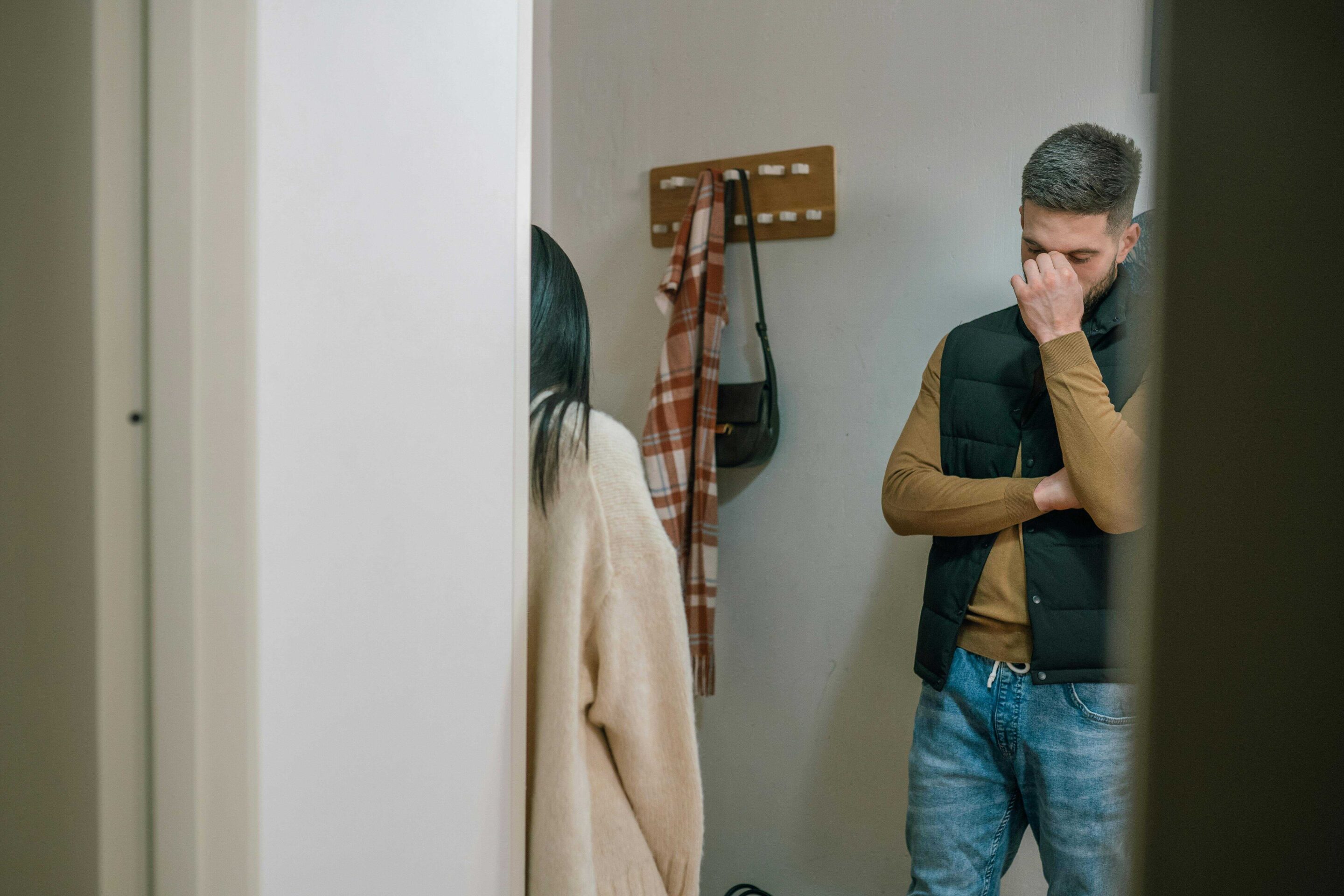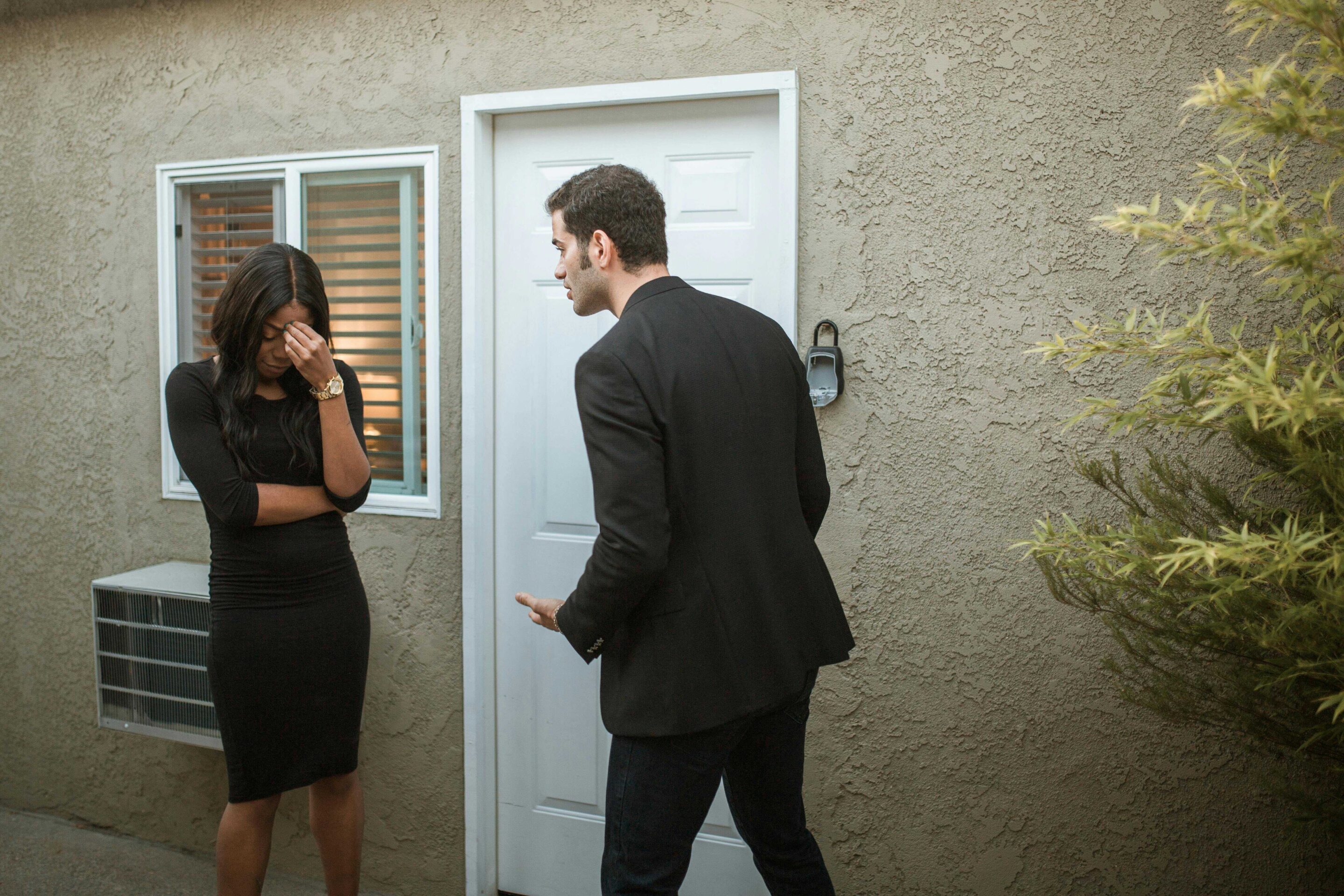YOU’VE PROBABLY BEEN in a situation where you heard something disrespectful towards women. It could be at the pub with your mates, in the locker room after footy practice, in the workplace or you might have seen instances of it online. You may have felt uncomfortable and wanted to speak up. The trouble is, it’s not easy, particularly when it’s coming from your mates or people you know well. Easier to bury you head and let it slide, right?
Sexist jokes, talking over women, pressuring women for dates, and reinforcing outdated stereotypes are some of the typical behaviours that reflect disrespect towards women, with new data revealing over 70 per cent of young men feel there are barriers to them taking action, including fear of retaliation, not knowing what to do, and feeling uncomfortable.
To help change this, TikTok and Our Watch’s The Line have teamed up to launch ‘Respect. It’s the GOAT‘ – a creator-led campaign that highlights the importance of respect and shows how young men can take action to stop disrespect towards women.
Four in five young men (81%) believe they need to take more action when they witness disrespect towards women, with a similar number (82%) saying they need more support on how to do it. The most common places that young men reported they had seen or heard disrespect towards women were online (50%), in public (30%), and in the media (30%).
“These findings confirm that many young men want to do the right thing when it comes to respect, but fear of backlash, not knowing what to do or being isolated can hold them back,” says Our Watch CEO Patty Kinnersly. “This campaign is about giving people the confidence to step up, support each other, and make respect the norm. Fostering a culture of respect starts with everyday actions – real mates hold each other accountable and create spaces where everyone feels safe and valued.”
The survey coincides with the launch of new resources to help better equip young men with the tools to prevent and end disrespect against women as well as normalising and modelling what everyday respect looks like.
Research shows over 6 in 10 (63%) young men believe more community involvement would give them the confidence to take a stand. This includes 4 in 10 (36%) young men who say having more positive role models would make it easier for them to take a stand against disrespect.

pexels
“Disrespect is at the foundation of men’s violence against women,” says Dr Michael Flood, a masculinity expert and sociologist and professor at the Queensland University of Technology School of Justice. “Disrespect involves attitudes: hostility and distrust towards women, seeing women as less important than men, seeing girls and women only as sexual objects, and believing that men should be dominant over women in relationships and families. Disrespect also involves behaviours: everyday sexist acts like making derogatory comments, reducing women to their bodies, interrupting and ignoring women, and repeating harmful gender stereotypes.
“All of these feed into violence against women. They normalise disrespect towards women and can lead to more severe forms of mistreatment. They mean that some men, a minority, feel they have a license to behave in hostile, dominating, or degrading ways towards women. And they let other men think that this behaviour is understandable, excusable or trivial.”
How will addressing disrespect when it occurs help in reducing violence against women? “If men, and women, can speak up when they see or hear sexist disrespect, that starts to make change,” Flood says. “Speaking up tells the person who is speaking or acting disrespectfully that others don’t see their actions as okay, and may make them more reluctant to act that way again. Speaking up tells the object of that disrespect, the victim, that what happened was not okay, was not their fault, and others will support them. And speaking up tells other bystanders that the behaviour is unacceptable.
“If people speak up when they see disrespect, this won’t magically change wider cultures of sexism and disrespect overnight. But it starts to have ripple effects, eroding norms of disrespect and starting to foster positive norms of respect, equity, and inclusion.
Research on bystander intervention finds that men in particular often overestimate other men’s tolerance for sexism and violence, adds Flood. “But if men start speaking up, that communicates to their peers that in fact they are in the majority, and most men believe that women should be treated with respect. When some men speak up, that makes it more likely that others will too. The research also finds that men are more likely to assault or rape women if they believe that their peers also tolerate or endorse this behaviour or even practise it themselves. Again, speaking up breaks down this perception of peer support.”
Flood believes The “Respect. It’s the GOAT” campaign offers effective tools to call our disrespect against women, whether face to face or online, through three simple strategies. “First, show it’s not okay. When someone says something sexist or disrespectful towards women, show you don’t agree or you don’t support it, whether by making a comment, using emojis, or leaving the conversation or livestream. Second, speak up. Give the comment a thumbs down, ask what they mean, or say you don’t think that’s funny. Third, support women and girls: acknowledge the poor behaviour, ask if they’re okay, and back up other people taking action.”
We asked some of the GOAT TikTok creators how they personally handle disrespect towards women when they see it.
Jarra Davis: sports creator, 171.5K followers

Jarra Davis – image: Jess Gleeson
“Personally, I think the most important thing to do is support the women and girls who are being disrespected. It’s really tough to understand their feelings and thoughts in that moment because, as men, we don’t experience that anywhere near the level or frequency as women and girls, so being present, actively offering support, actively listening to them and reassuring them is something I really try to focus on.
It really does make a difference, by showing your support and offering it or checking in with them, you’re outwardly letting them know that there is support, that people do care and that people are willing to stand up to make a difference.
Personally, when you do go and offer that support, it gives you a real sense of perspective and understanding that I think is really powerful, as a by-product of showing your support, you’re gaining a new understanding and a stronger ability to stand up in future situations.
Beyond that, I think it’s also extremely important to call out that disrespect. Simple things like body language (rolling eyes, or a shrug) can be powerful if you don’t yet have the confidence to speak up publicly. However, personally, I’ve found that one of the best ways to call it out is to pull that person aside in private and explain to them how it makes you feel when they make those comments or ‘jokes’, it’s often easier to explain your feelings toward a situation than just call it out overtly.
However, if you do have the confidence, overtly calling it out, by asking questions like “What do you mean when you say that?” or “Why is that funny?” is a really good way of getting that person to actively think about what they’ve said and unpack the disrespectful premise of their comments themselves.
Creating a culture of respect is an ongoing challenge and something we all have a part to play in. Calling it out, supporting those affected by disrespect, and backing up mates who do call it out are all key pillars of creating the culture of respect we want.”
Louis Phillips: fitness creator,116K followers

Respect. The GOAT. Louis Phillips – image Jess Gleeson
“Calling out disrespect is one of the toughest tests of character a person can face. Here’s one of the best tips I’ve learned.
Disrespect towards women is often displayed in a joking manner between mates. This is also one of the most harmful displays of behaviour because it often goes without consequences.
If you’re ready to stand up against disrespect, one of the best tricks I’ve learned is to simply (and intentionally) not understand the joke. Picture this: you and a group of guys are at a pub. The chat is loud, and people are getting progressively intoxicated. The loud “funny” guy makes a “joke” about a mutual friend. It’s sexist, unfunny, and genuinely vile. The group laughs, except for you. Once the laughter stops, you say, “I don’t get it” (instant vibe kill).
The loud bloke has to explain the joke, and you respond with “oh” or even let him know it’s revolting. At a minimum, this tactic doesn’t let that person off the hook. You’re making it clear you’re unimpressed and won’t stand for it.”
How to call out disrespect towards women
- Show it’s not okay – roll your eyes, shake your head, leave the convo, thumbs down emoji.
- Speak up – call it out, or ask them, “What do you mean by that?”
- Support – women and girls by asking if they’re ok, acknowledge what happened.
- And back up your mates when they’re taking action
Related:
Watch This Aussie School Captain’s Powerful Speech About Ending Violence Against Women
5 ways to support a loved one suffering from mental health concerns















